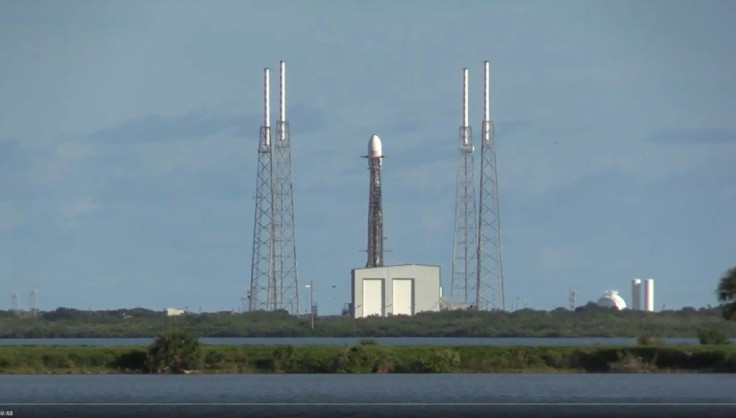SpaceX Starlink mission launch experiences another delay amid criticism from scientists
When the Starlink mission does push through after the reschedule, it would mark its third lift off from the Kennedy Space Center.
From an observer's standpoint, launching a rocket to space might seem like a straightforward process. However, what many are not aware of is the sophisticated preparations made by all parties involved with any given mission. After the success of SpaceX's first manned flight to orbit a few months ago, Elon Musk confirmed the next phase of his multifaceted plan for the platform. Its latest effort aims to send 60 more Starlink satellites but has been once again thwarted by unfavourable weather.
CNET notes that the Falcon 9 rocket booster was initially planned to go up early last month. Unfortunately, weather conditions have postponed its launch multiple times, while one was reportedly due to a problematic ground sensor reading.
We are standing down from today's Starlink mission due to weather violations on the Range. The team is setting up for a launch opportunity tomorrow at 7:29 a.m. EDT; weather forecast is 70% favorable for liftoff
— SpaceX (@SpaceX) October 5, 2020
"We are standing down from today's Starlink mission due to weather violations on the Range. The team is setting up for a launch opportunity tomorrow at 7:29 a.m. EDT; weather forecast is 70% favorable for liftoff," read a tweet from SpaceX.
When the Starlink mission does push through after the reschedule, it would mark its third lift off from the Kennedy Space Center. For those who have been following SpaceX's exploits, this is the exact one used to send National Aeronautics and Space Administration (NASA) astronauts Bob Behnken and Douglas Hurley into space. The two were on board the Crew Dragon Spacecraft, which eventually docked with the International Space Station (ISS).
In July, the Falcon 9 saw action once more when it carried a South Korean satellite into orbit. Musk was clearly frustrated by the multiple delays and took to Twitter to vent out. He tweeted: "We will need to make a lot of improvements to have a chance of completing 48 launches next year!" When it successfully launches soon, the first-stage booster will land somewhere in the Atlantic Ocean on a droneship.

While there are sceptics, private beta tests have allegedly shown the proposed Starlink satellite internet service could potentially deliver 100 megabits per second with low latency. Meanwhile, some astronomers are not in favour of Musk's plans to add even more as it would supposedly make observations more difficult. In a related report, NASA has finally discovered the source of a troublesome air leak on the ISS.
© Copyright IBTimes 2025. All rights reserved.





















